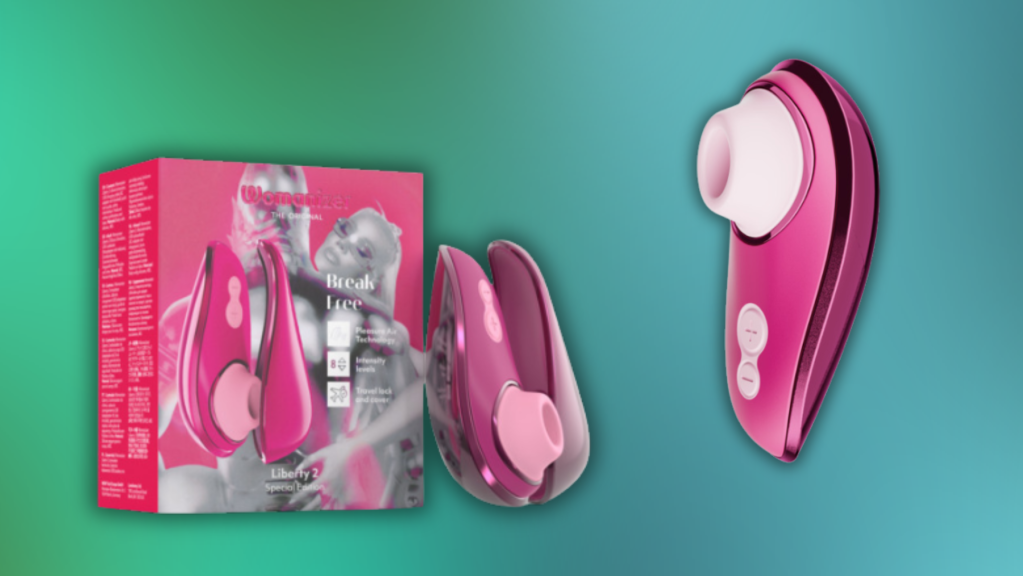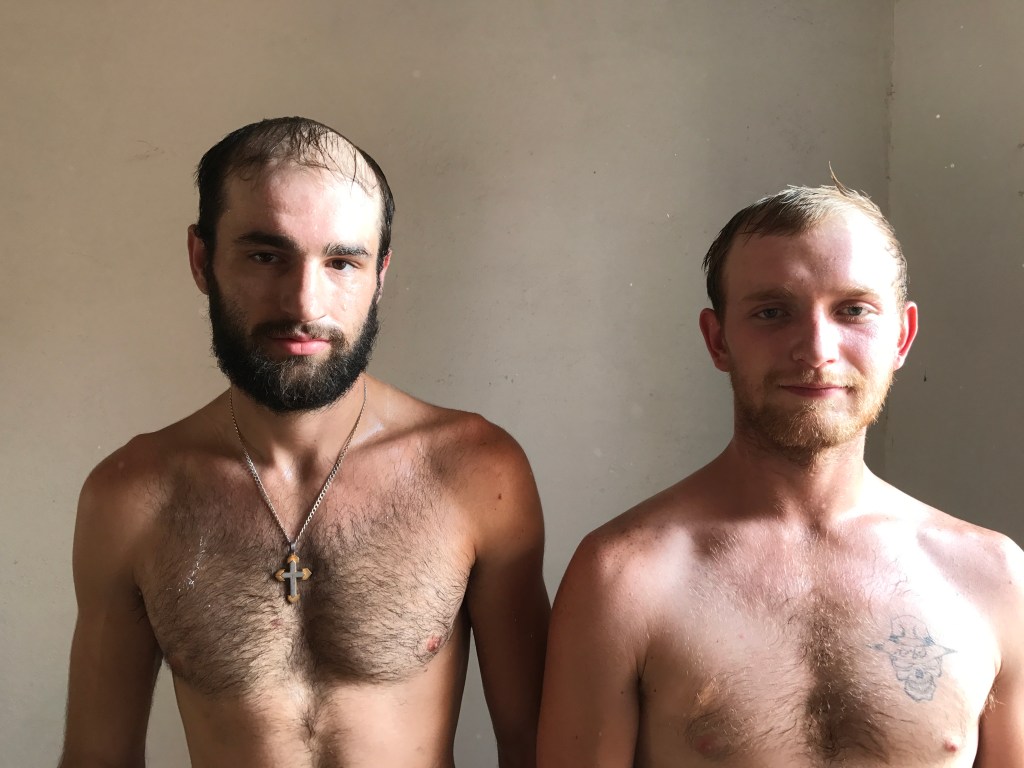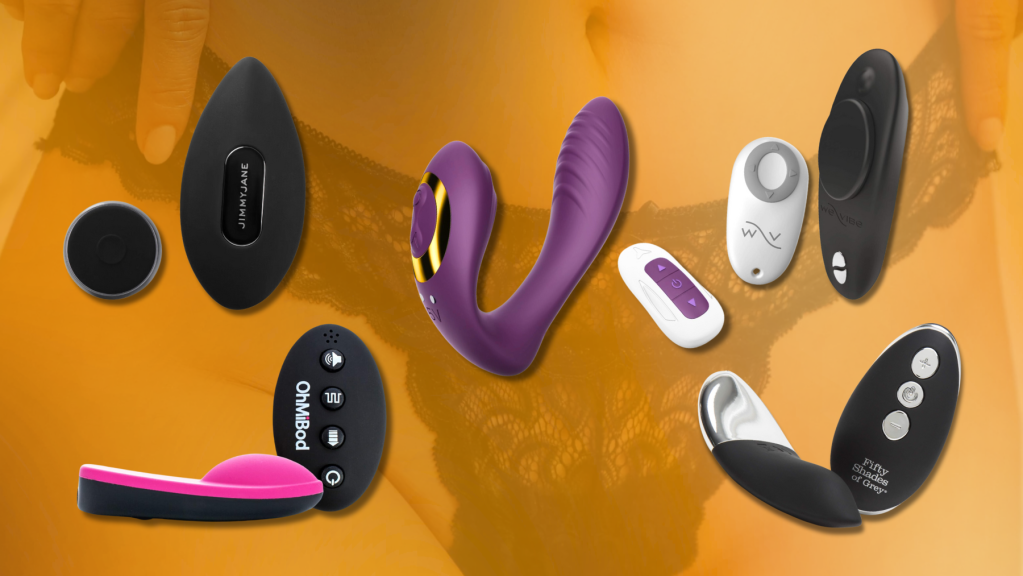If you closed your eyes and visualized sexual liberation for people of color, what would it look like—the actual bodies, scenes, and acts?
I picture myself sitting on a huge bed. My past and future partners fawn over my every word as I describe the most intricate, dirty ways to make me come. The most important part of this image is me—a radiant Black woman in a role traditionally reserved for white women only: sultry and beautiful, hot and unthreatening.
Videos by VICE
This vision is based in an ideology I call “pro hoe.” That’s also the name of my blog about people of color, and particularly Black people, openly enjoying sex without shame, regardless of the societal and religious ideals some of us might have been taught to uphold. And: outside of what has been threatened and enforced by white supremacy, should we pursue sexual freedom. It took me a minute to come to this point.
I am Senegalese-American, born and raised in Denver, Colorado. My father was Muslim and my mother’s family is devout Baptist, and their beliefs influenced how I viewed sexuality in relation to being a “good person,” a.k.a., that sexual urges are immoral. Still, before I went on dates in my early 20s, my mom often gave me the advice, “Think like a white girl,” meaning, Have the confidence to act freely and know that you are desired.
She was expressing that white women possess an intrinsic confidence that allows them to navigate sexual and romantic relationships with whimsy. Black women have not had the same privilege—an imbalance that persists because of the ways in which, historically, Black women have been overtly fetishized and robbed of their sexual agency.
When we talked about this further, my mom told me about her intelligent, beautiful Black friends who had never been married, contrary to some of her white friends, who had no problem finding commitment. (Not coincidentally, this algorithm also applies to my own group of friends.)
My mom was asking me to consider the stereotypes unique to Black women that have been upheld by modern religion, racism, and classism. In the article “Stereotypes of Black American Women Related to Sexuality and Motherhood,” the intersectionality theorists and researchers Lisa Rosenthal and Marci Lobel write:
Archetypes of Black women that have been promulgated dating back to the period of American slavery are the “mammy,” “sapphire,” and “jezebel”…the sapphire (or “matriarch”) archetype is the image of an aggressive, dominating, angry, emasculating Black woman. The jezebel (or “sexual siren”) is the image of an immoral, sexually promiscuous, and sexually available Black woman.
The “jezebel” stereotype probably had to do with why my mom also told me, “Keep an aspirin between your legs” in order to maintain a man’s interest— Don’t put out too soon.
My mom’s advice, taken together, was based on the projected behaviors and tastes of white women and the men who like them, and of men in general—not on my own, as the person I am. Obviously, this was conflicting, and it made it hard to have the freaky sex I wanted to. My preferences—which are submissive and based in BDSM—felt weird and promiscuous, unlike a “good” woman would be. I couldn’t verbalize any aspect of what I wanted.
I was dickmatized into leaving this fear behind when I was 23. I met a guy who was the first to give me multiple orgasms during sex, as opposed to my previous (but few) sexual encounters, which solely focused on male pleasure. When that dude ghosted me, I had a void to fill. Funnily enough, my mom helped with this when I returned to Denver for the holidays. When I explained that I was dating, but it was nothing serious, I found that she’d come to accept casual sex: She gave me the advice of ordering my own Uber after, instead of lingering, if it was “just a fling.” I asked her about her change of heart, and she expressed remorse about not speaking to her children about sex much earlier—about the lack of sexual dialogue between generations common particularly in Black communities. And then she gave me a vibrator for Christmas.
That was the first sex toy I ever used, and G-spot masturbation showed me the joys of self-pleasure, and led me to porn. Now, I masturbate for about 20 minutes a day. Seventeen of them are spent searching for the right porn video—sifting through the “Ebony” category for the perfect couple, lighting, angle, etc. I’m distracted by how porn websites don’t feature Black women in the same contexts as interracial or white scenes: in delicate storylines; desired by multiple men; as worthy prizes. So, though I love it, porn isn’t a perfect educational tool for Black women (or anyone) looking for something that feels close to true when it comes to sex.
Kink was integral to developing my sexual identity outside of being a passive stereotype like those I saw in porn. For Black women, the working definition of kink—sexual behavior that defies cultural norms—leaves so much for discovery, considering the forces that aim to stifle our exploration of fetishes, queerness, and other essential pieces of what sex is. Kink can be something as “non-normative” as oral sex given to a person with a vagina, which, in some Black sex conversations, is labeled “dirty,” or only reserved for special occasions in monogamous partnerships (despite the ubiquitous expectation that women should give head).
A recent encounter of mine fell under the definition of “not necessarily freaky, but new to us”: My dude decided, mid-sex, to lick my feet. Despite the shockwaves that sent from my pinky toe to my G-spot, it took a second to quiet the voice that crept in to suggest experiencing this amount of erotic pleasure was wrong for someone like me. It’s weird to have to explicitly tell yourself that you’re allowed to feel good even while your body is proving that to you. It’s what I needed to do in order to keep enjoying it.
Getting into BDSM has also been a watershed. There were few accurate and relatable depictions of BDSM in the Black community I was raised in, and a common misconception about BDSM is that it reflects the rest of your personal life. Add to that the stereotype that Black women are aggressive, controlling, and masculine, if you’re really looking for a headfuck. I prefer to follow the lead of Joan Armatrading, a three-time Grammy-nominated Black songwriter, who gleefully sings in her 1983 song “(I Love It When You) Call Me Names”: “I can’t wait to see you again / I know you’re gonna slap my face.”
Joan knew: BDSM allows you to play with racism, sexism, and classism—to make your relationship to control something you decide for yourself. Being a submissive does it for me, too: One Sunday morning, after a few slaps to my face with his penis and hand, my guy ordered me to go to his room, get naked, and masturbate. Watching him watch me finger myself, a practice that is so typically reserved for my individual desires, turned me on so much: I was the person in that very first picture I painted of myself radiating sexual freedom. In becoming pro hoe, what I wanted—and got—from sex was finally up to me.
More
From VICE
-

Collage by VICE -

Cole and Calvin, cousins, 2017. All photos courtesy of the artist and Dallas Contemporary. -

Collage by VICE -

Collage by VICE
